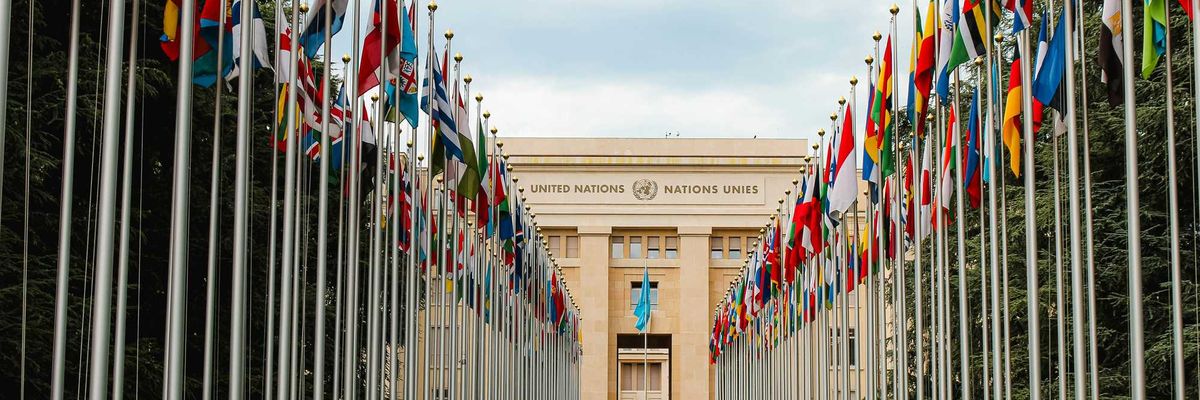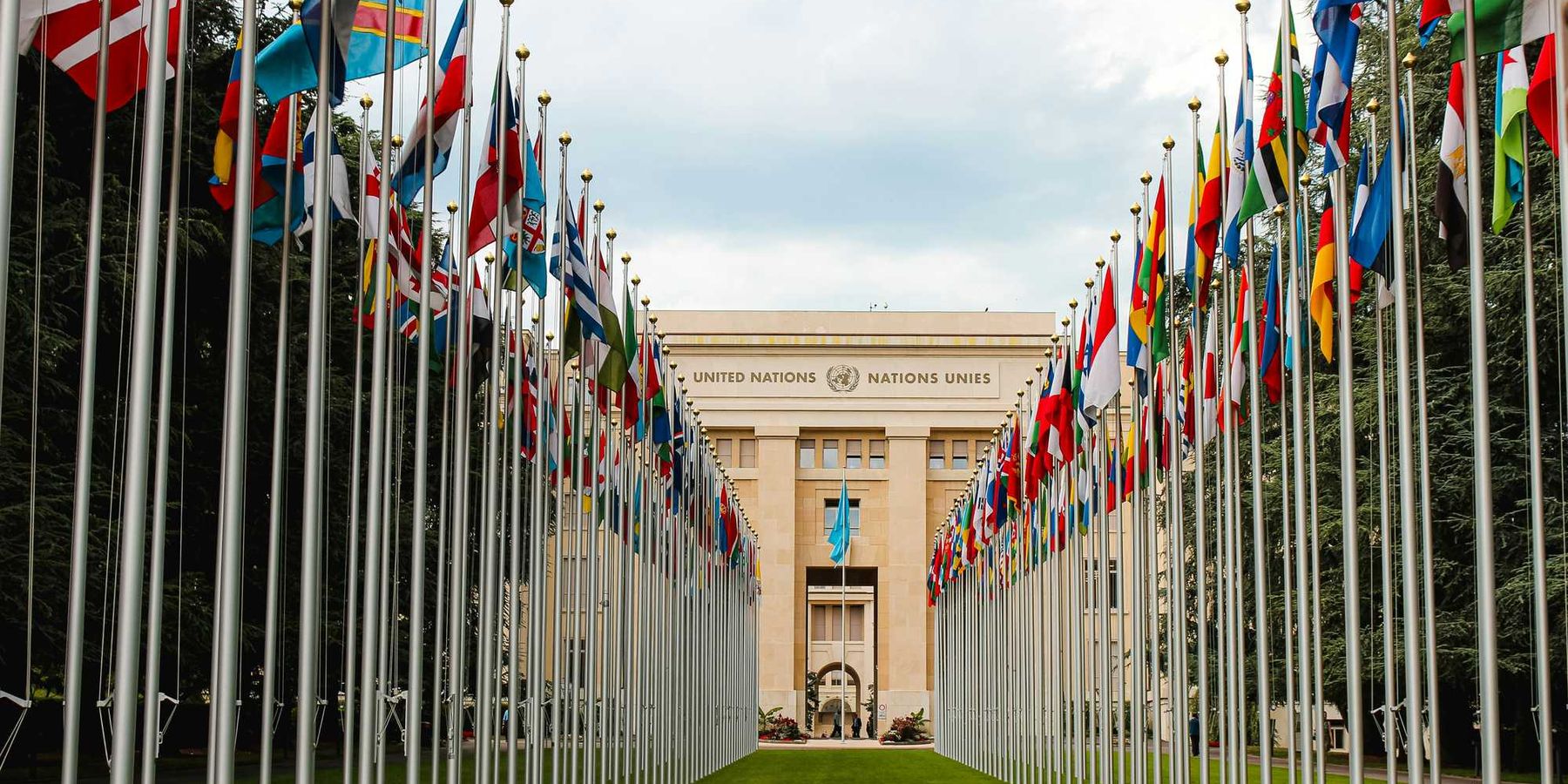precipitation variability
The struggle to preserve North Sami language amid climate change
In a warming Arctic, the North Sami language, rich in specialized terms for snow, reindeer and fishing, faces the loss of words and knowledge integral to the Sami people's heritage.
In short:
- The North Sami language, vital to traditional Sami activities, is at risk due to the changing Arctic environment and declining salmon stocks.
- Climate change is altering the Arctic's ecosystems, impacting Sami livelihoods like reindeer herding and fishing, leading to the loss of specific linguistic terms.
- As traditional activities and environmental conditions change, unique words and knowledge integral to Sami culture are disappearing.
Key quote:
"It's likely that the North Sami term ealát will disappear. It refers to conditions where reindeer find nutrition easily underneath the snow. It's disappearing because we haven't had such conditions in the 21st century."
— Klemetti Näkkäläjärvi, president of Sami Climate Council
Why this matters:
The survival of the Sami language reflects broader concerns about the impact of climate change on Indigenous cultures and their traditional ways of life. Yet climate policy has historically excluded Indigenous populations, even though Indigenous communities across the globe have been some of the most impacted by global warming.
Ski resorts battle for a future as snow declines in climate crisis
International Ski Federation urged to cut emissions, while activists warn of damage through heavy use of snowmaking.









